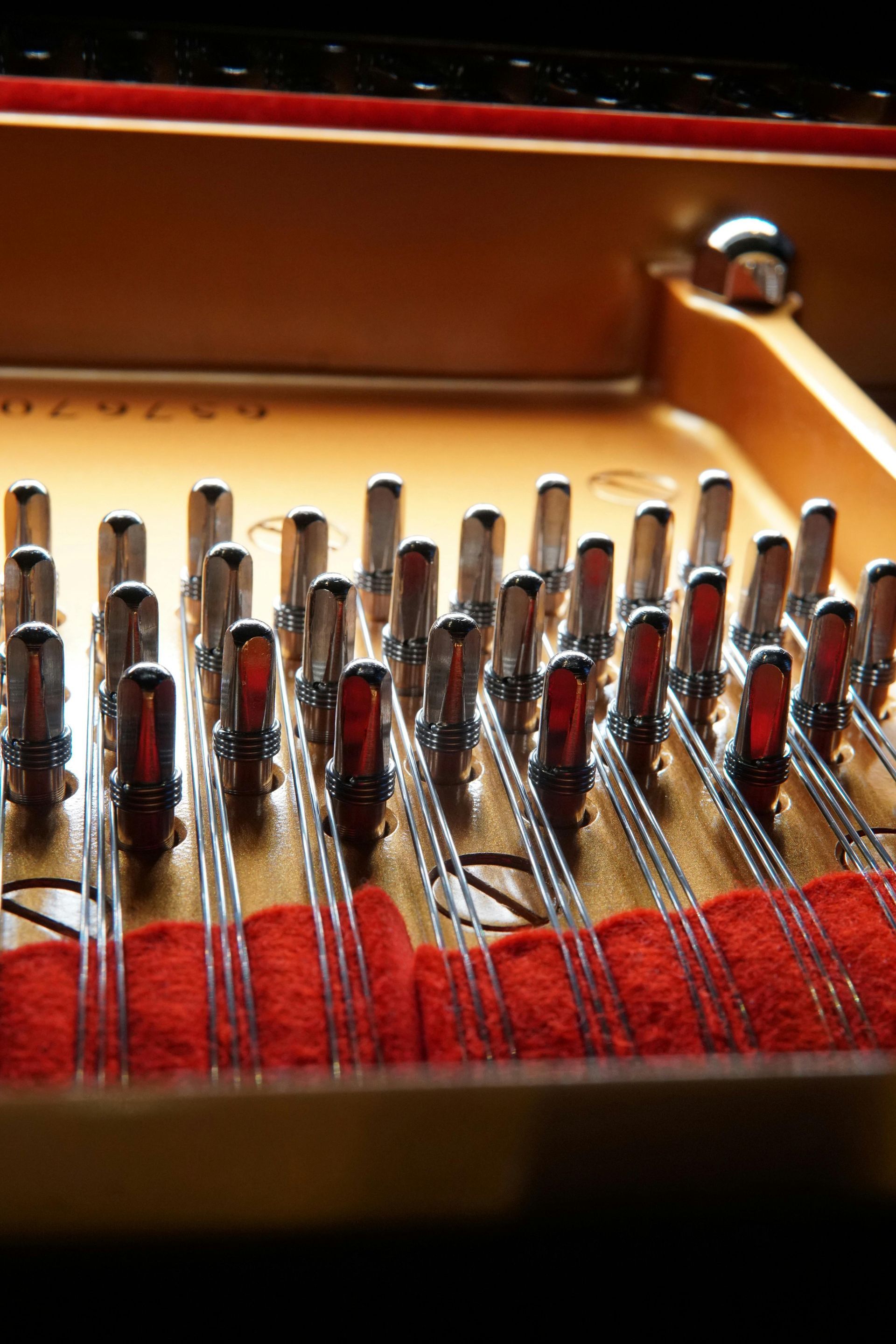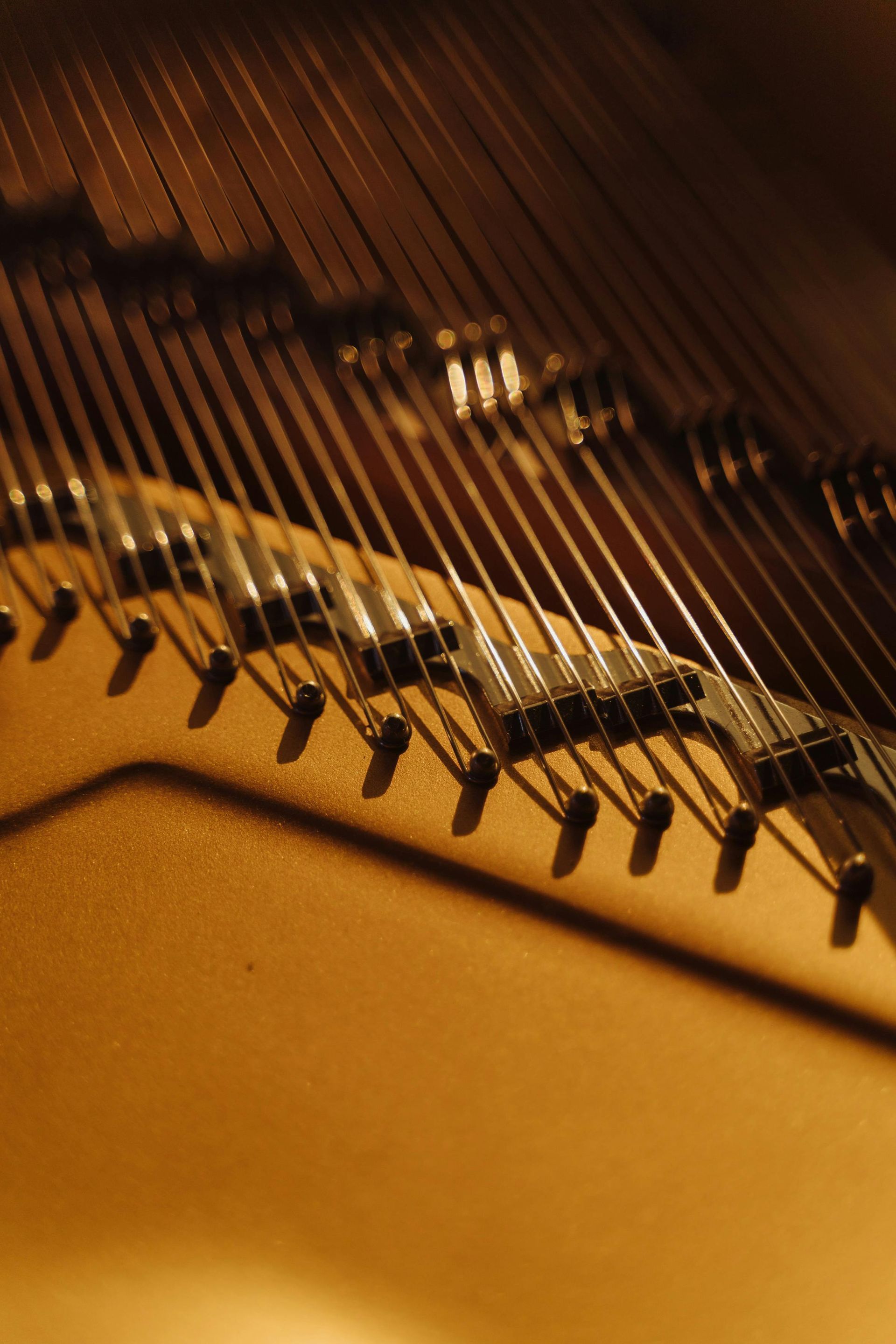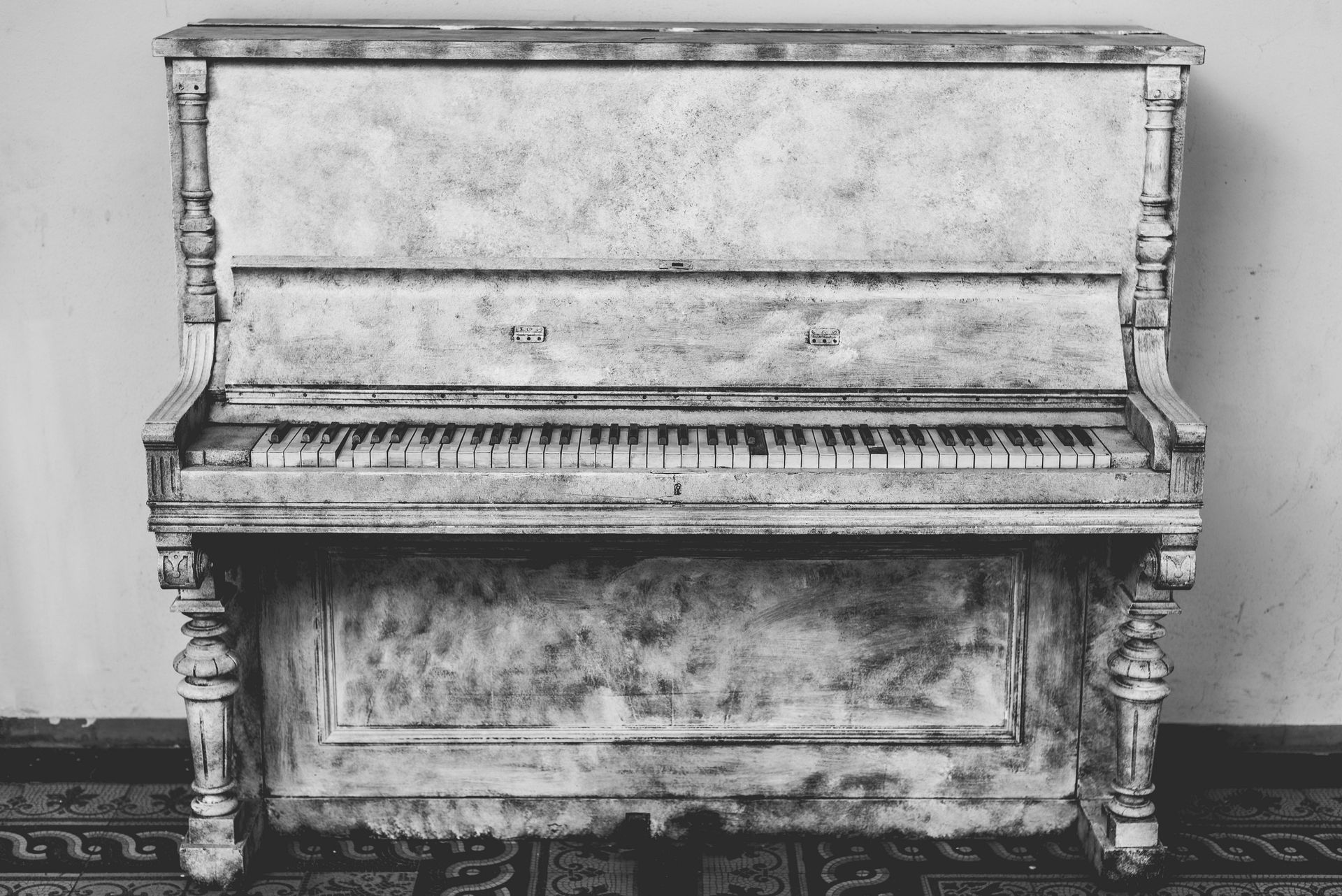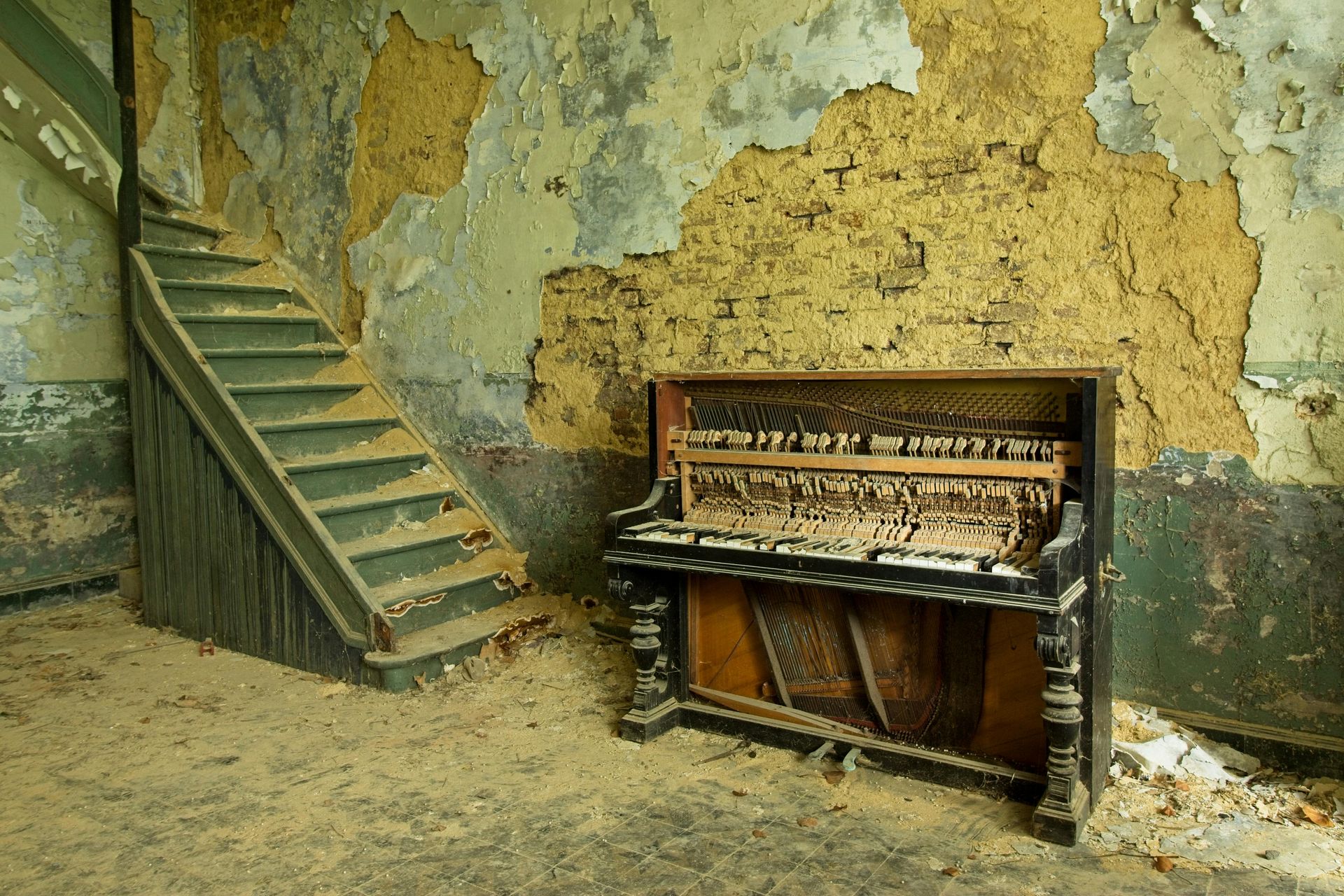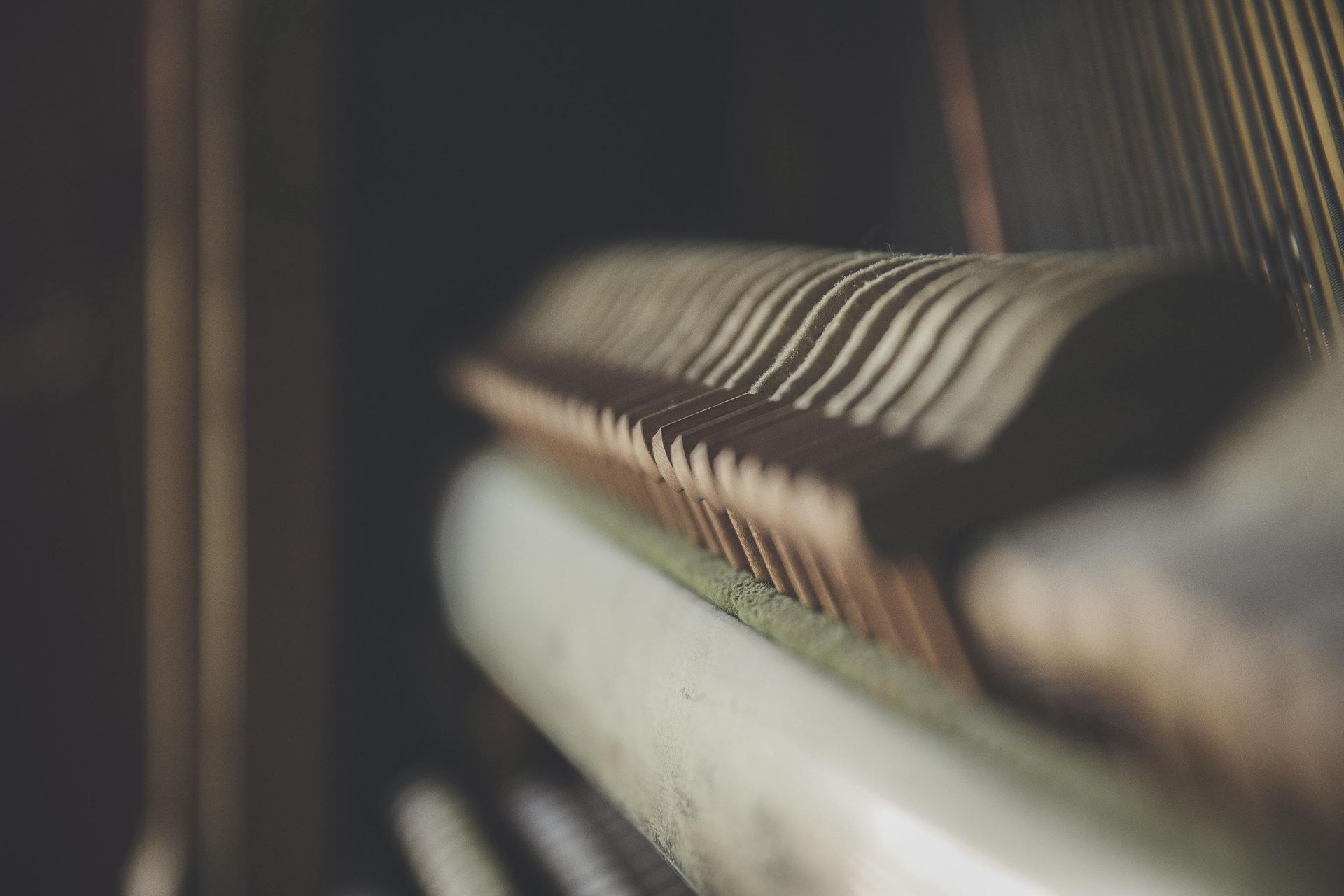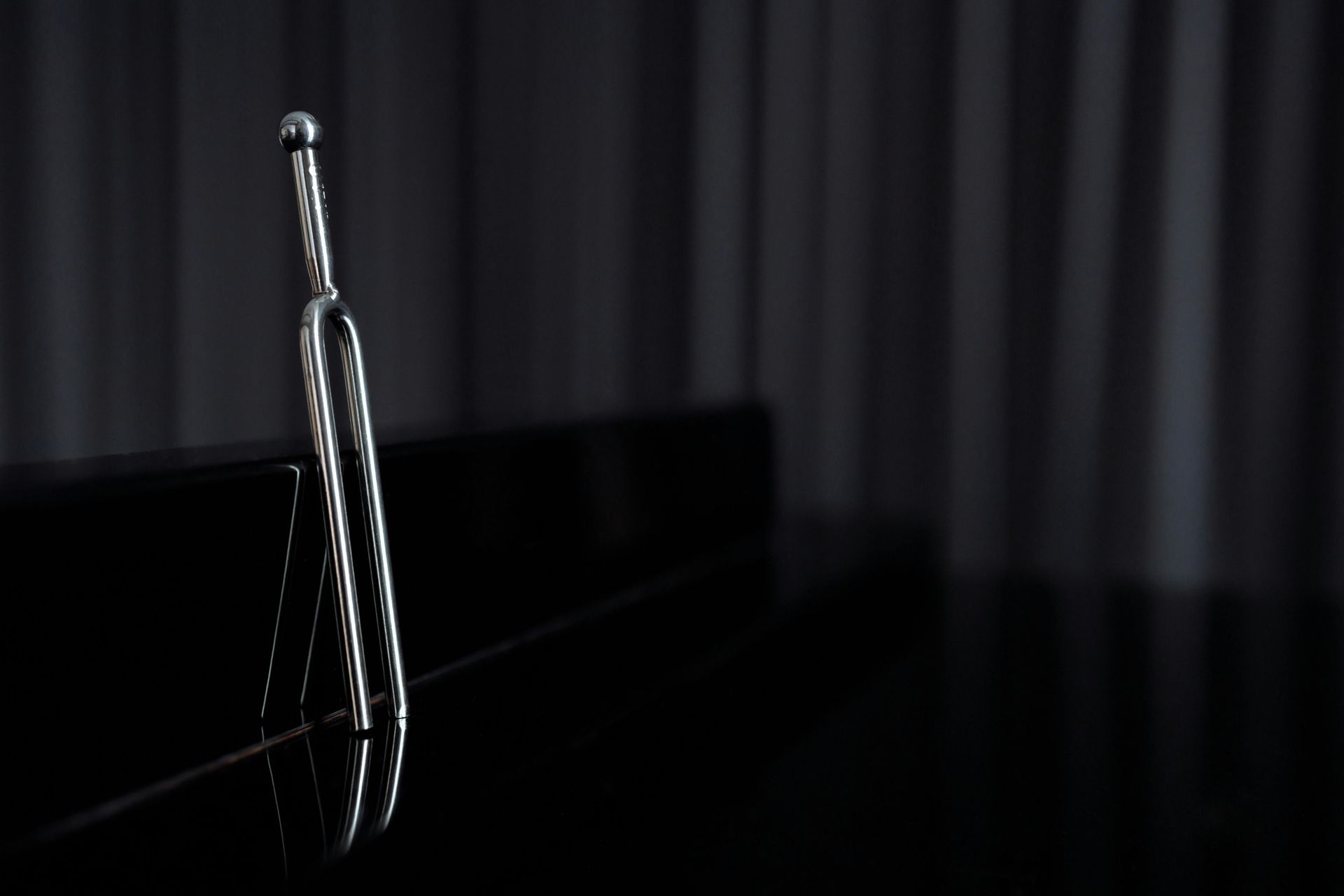Why Do Piano Keys Get Sticky? The Surprising Role of Humidity
Why Do Piano Keys Get Sticky? The Surprising Role of Humidity
Ever sat down to play your favorite tune on the piano, only to find some keys sticking like they’ve suddenly turned into glue? Sticky piano keys are one of those frustrating little mysteries for musicians — but it turns out, the culprit is often something you wouldn’t expect: humidity.
Here’s the lowdown: A piano is a complex machine made up of wood, felt, metal, and plastic. Many parts work in harmony to produce those beautiful sounds, but wood is especially sensitive to moisture in the air. When the humidity rises, the wooden parts inside the piano absorb moisture and swell slightly. This swelling can cause the keys or the internal action parts to rub against each other, making keys stick or feel sluggish.
But it’s not just wood. The felt and leather components inside can also absorb moisture, becoming gummy or less springy. Combine that with dust and dirt, and you have a recipe for keys that just won’t behave.
The good news? Maintaining a stable humidity level—ideally around 40-50%—can keep your piano happy and your fingers dancing smoothly across the keys. Using a humidifier or dehumidifier, or even investing in a professional piano humidifier system, helps protect your instrument from sticky situations.
So next time you feel that key sticking, think about the invisible weather inside your room— Keep your piano dry, and it’ll thank you with every note.


